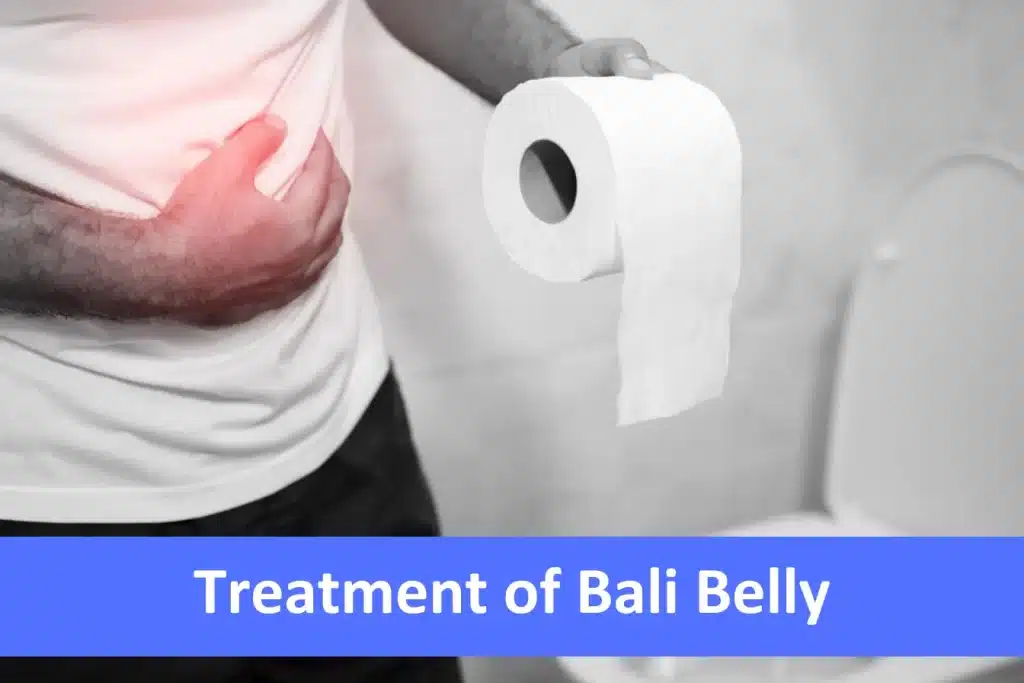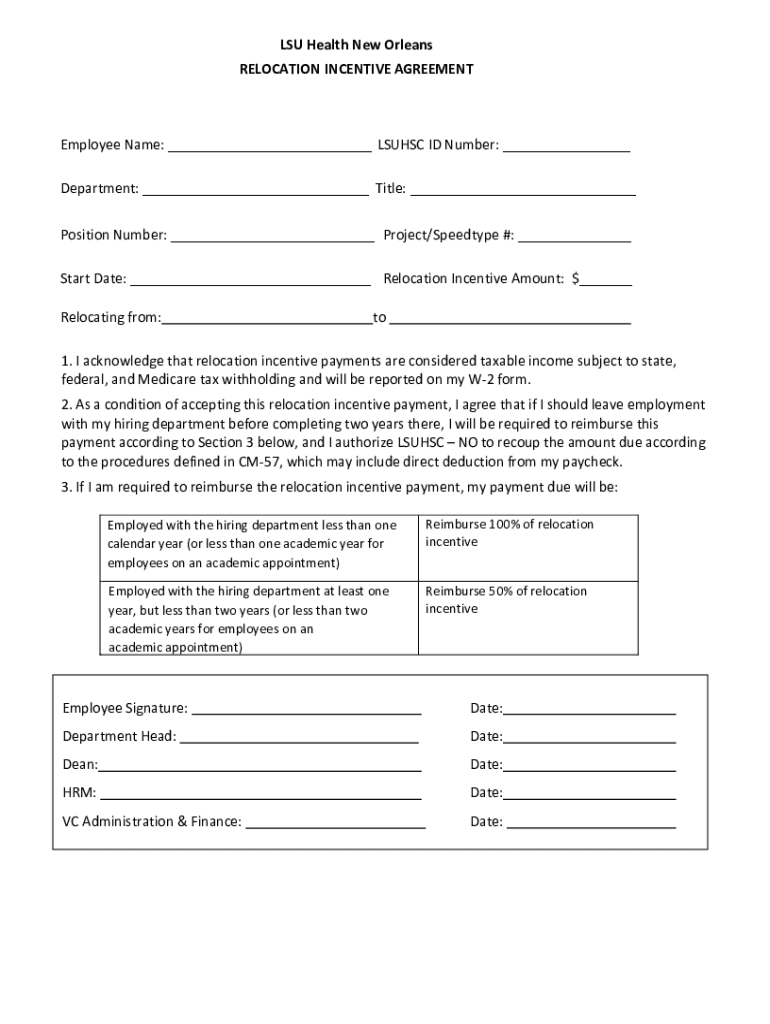Bali Belly: A Comprehensive Guide To Diagnosis And Management

Table of Contents
Understanding Bali Belly: Causes and Symptoms
Common Causes of Traveler's Diarrhea
Bali belly is primarily caused by consuming contaminated food or water containing harmful bacteria, viruses, or parasites. The culprits often include:
- Bacteria: Escherichia coli (E. coli), Salmonella, Campylobacter, Shigella
- Viruses: Norovirus, Rotavirus, Adenovirus
- Parasites: Giardia lamblia, Entamoeba histolytica
These microorganisms are commonly found in inadequately cooked food, unwashed produce, and contaminated water sources. Poor hygiene practices, such as insufficient handwashing after using the restroom or before preparing food, significantly increase the risk of infection. Less common causes can include food poisoning from toxins produced by bacteria and specific medication side effects.
Recognizing the Symptoms of Bali Belly
The symptoms of Bali belly vary in severity, ranging from mild discomfort to debilitating illness. Common symptoms include:
- Watery diarrhea
- Abdominal cramps and pain
- Nausea and vomiting
- Fever
- Dehydration (dry mouth, dizziness, decreased urination)
Less common symptoms might include bloating, headache, and muscle aches. Seek urgent medical attention if you experience: severe dehydration, bloody diarrhea, high fever (over 102°F or 39°C), or symptoms that persist for more than a few days.
Diagnosing Bali Belly: When to See a Doctor
When a Doctor's Visit is Necessary
For mild cases of Bali belly, self-care measures are often sufficient. However, a doctor's visit is crucial if symptoms are severe or persistent. A doctor can accurately diagnose the cause of your illness through stool sample analysis, differentiating between bacterial, viral, or parasitic infections. Accurate diagnosis ensures you receive the appropriate treatment.
Preventing Misdiagnosis
It's essential to distinguish Bali belly from other conditions with similar symptoms. Appendicitis, for example, can mimic Bali belly symptoms but requires immediate surgical intervention. Other conditions like food poisoning from pre-formed toxins can also present similarly, making accurate medical evaluation essential for effective treatment.
Managing Bali Belly: Effective Treatment Strategies
Home Remedies for Mild Cases
For mild cases of traveler's diarrhea, focus on:
- Oral Rehydration Solutions (ORS): These are crucial for preventing dehydration. You can purchase ORS packets at most pharmacies.
- Rest: Allow your body to recover.
- Clear Liquids: Sip on clear broths, clear juices (without pulp), and water.
- Avoid Solid Foods: Gradually reintroduce bland foods once symptoms improve.
While some over-the-counter anti-diarrheal medications might offer temporary symptom relief, use them cautiously and always consult a doctor or pharmacist before taking them. Some can worsen certain types of infections.
Medical Treatments for Severe Cases
Severe cases of Bali belly may require medical intervention. Antibiotics might be necessary if a bacterial infection is identified. Intravenous (IV) fluids are used to treat severe dehydration. Always follow your doctor's prescribed treatment plan precisely.
Preventing Bali Belly: Proactive Measures for Travelers
Food and Water Safety
Practicing safe food and water habits is paramount in preventing Bali belly:
- Drink bottled water: Avoid tap water, ice made with tap water, and unpasteurized beverages.
- Peel fruits and vegetables: Thoroughly wash any produce you cannot peel.
- Choose well-cooked foods: Avoid raw or undercooked meats, seafood, and eggs.
- Hand Hygiene: Wash your hands frequently with soap and water, especially after using the restroom and before eating.
- Choose reputable restaurants and street vendors: Opt for establishments with high hygiene standards.
Vaccination and Prophylactic Medications
Consult your doctor about recommended vaccinations before your trip, especially for typhoid fever. Prophylactic medications, such as antibiotics, are sometimes prescribed but should only be taken under strict medical supervision.
Conclusion
Understanding the causes and symptoms of Bali belly, knowing when to seek medical attention, and employing effective management strategies – including both home remedies and medical interventions – are vital for a healthy trip. Prevention through safe food and water practices and appropriate vaccinations are equally crucial. Don't let Bali belly ruin your trip! Learn more about preventing and managing traveler's diarrhea with our comprehensive guide, and enjoy your travels with peace of mind. Remember, for severe cases of Bali belly or traveler's diarrhea, always seek professional medical advice.

Featured Posts
-
 Discover Wrexham Things To Do And See In The Town
May 28, 2025
Discover Wrexham Things To Do And See In The Town
May 28, 2025 -
 Design Museum To Showcase Wes Andersons Archives
May 28, 2025
Design Museum To Showcase Wes Andersons Archives
May 28, 2025 -
 Gambling On Calamity Examining The Trend Of Betting On The Los Angeles Wildfires
May 28, 2025
Gambling On Calamity Examining The Trend Of Betting On The Los Angeles Wildfires
May 28, 2025 -
 Ajaxs Title Hopes Dashed How Nine Points Slipped Away In The 99th Minute
May 28, 2025
Ajaxs Title Hopes Dashed How Nine Points Slipped Away In The 99th Minute
May 28, 2025 -
 Saudia Buka Rute Penerbangan Bali Jeddah
May 28, 2025
Saudia Buka Rute Penerbangan Bali Jeddah
May 28, 2025
Latest Posts
-
 Relocation Incentive Free Two Week Accommodation In Germany
May 31, 2025
Relocation Incentive Free Two Week Accommodation In Germany
May 31, 2025 -
 Two Weeks Free German Citys Bid To Attract New Inhabitants
May 31, 2025
Two Weeks Free German Citys Bid To Attract New Inhabitants
May 31, 2025 -
 Diese Deutsche Stadt Bietet Kostenlose Unterkuenfte Fuer Neuzuzuegler
May 31, 2025
Diese Deutsche Stadt Bietet Kostenlose Unterkuenfte Fuer Neuzuzuegler
May 31, 2025 -
 Gratis Wohnen Deutsche Gemeinde Sucht Neue Bewohner
May 31, 2025
Gratis Wohnen Deutsche Gemeinde Sucht Neue Bewohner
May 31, 2025 -
 German Citys Housing Offer Two Weeks Free For New Residents
May 31, 2025
German Citys Housing Offer Two Weeks Free For New Residents
May 31, 2025
